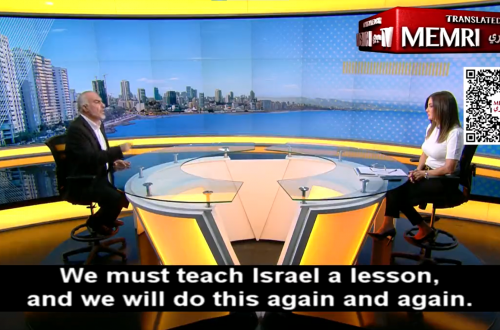Not having given the issue any thought beyond being prepared to recite a victim narrative, Aftab Hussein, a mental health worker at a Birmingham Mosque, went on BBC News 24 earlier today to explain why young Muslims were experiencing an above-normal sense of paranoia and other mental health stresses (as revealed in a report today by Birmingham University, which, try as I might, I have been unable to locate online).
Alas, the best personal example of victimisation he could come up with was that his friends sometimes teased him when he wore full Islamic attire. This he said, “could hurt his feelings”. I think presenter Matthew Amroliwala was hoping for more than sometimes being ragged by one’s friends.
“Muslims”, Hussein told us, “feel they are being attacked regarding the 9/11 incident and terrorism and everything like that.”
It seemed it might just pass by as a typical mid-morning interview, fluffy and with little substance – a time filler, essentially.
But then Amroliwala asked the key question: Did Hussein recognise that the Police and the Intelligence authorities had to deal with ‘the flipside’, that these terrorist attacks, plots and foiled attempts were in fact perpetrated by Muslims?
Hussein: Yeah, but that’s how the media put it across you see. That’s how I see it personally.
Amroliwala (slightly taken aback): But it’s a fact.
Hussein: It’s a fact, but there’s fact in other religions. There’s a… um, it’s a situation that needs to be seen to. Not every person, not all five fingers are the same, are they?
Amroliwala then points out that he acknowledges this but that the question is about the fact that today the threat comes from one particular quarter (just as in the past IRA terrorism came from one quarter) and that it is “a difficult balance” between the necessary steps the security services need to take and the impact on the community Hussein described.
Hussein: You see it’s a situation where, it’s, see, I think more explanation, more… a wider explanation needs to be given regarding the issue.
Hussein ends off saying that people need to learn more about Islam – that it’s a peaceful religion – and that the media should focus less on the “extremist side” and show more of “the friendliness and kindness”.
Now, part of his stuttering and stammering is probably down to not being an experienced commentator. But it is also evident by his answers that not only was he utterly unprepared to answer the obvious point – that almost all major terrorist atrocities and failed plots in the UK are perpetrated in the name of Islam – but that beyond reciting tired mantras about “the religion of peace” and “we feel victimised” he hadn’t given the matter much thought at all.
That simply won’t do.
I wouldn’t care if this were just some vox pop from someone stopped on the street for an opinion. But this is a “mental health worker” for a Birmingham Mosque. The mosques, according to the report, are proposing that they have a role to play in addressing the issue. But how?
If their specialist mental health workers have given no thought at all into why there is some public antipathy towards Islam, how are they going to help deal with the “paranoia” they’ve identified? Isn’t telling “vulnerable Muslims” a simplistic narrative about being victims of a media stitch-up, while failing to appreciate that the security branches have a difficult and delicate job to do, just going to feed that paranoia and make matters worse?


